When: 24-26 August 2021
Where: Murree Punjab
Language: Urdu
Interested Applicants: Click here to register
Last Date to Apply: 5th August 2021
Rationale:
Since the 1950s the development agenda has been characterized by projects and programmes aimed at improving the quality of life of beneficiary communities, be it in physical or qualitative terms. Despite significant inputs of human and financial resources, many fell short of expectations. Projects failed to meet the priority needs of communities; stated outputs were not achieved or, if achieved, not sustained; target groups did not benefit in the manner intended; project costs escalated and implementation dates slipped, and adverse outcomes were not anticipated.
These failures were attributed in part to poor project management, such as inadequate opportunities for potential beneficiaries to participate in project identification, weak financial management, inadequate monitoring during implementation, poor linkages between project activities and project purpose, and insufficient attention to the external environment during project design. It was also recognised that projects were more likely to succeed when account was taken of the socio-economic context in which they operated.
The rationale for imparting training of NGOs in project cycle management is the wish to achieve sustainable development. Projects should identify and understand the different roles and entitlements between various beneficiaries in focused communities, and the special challenges faced by disadvantaged groups. During recent decades, many tools have been developed to strengthen the management of projects, such as project cycle management, the logical framework and rapid appraisal techniques. Similarly, technological revolution has also contributed significantly to plan, design, implement and keep track of the activities by all team members while geographically spread and/or different locations.
Participants of the training will go through all critical phases of project cycle management both theoretically and practically and there will be ample room through group exercises to benefit from the rich knowledge of participants that they will be bringing from their respective fields and focus areas.
The training will specifically focus on:
- Comprehend concepts and terminologies of Project, Project Management
- Recognize various phases of Project Cycle Management and its importance
- Understand and sharpen their skills to use various analytical tools for Project Identification
- Use Project structure, Logical Framework Analysis, External Environment, OVI and sustainability and work plans based on activity analysis during projects’ design phase and preparation phase
- Learn to undertake use of technology for documentation, communication, quality assessments at each phase of PCM
Number of Participants
- A maximum of 20 participants will be selected for the training. Women applications, differently abled persons and staff belonging to ethnic/religious minorities are encouraged to apply. Preference will be given to participants representing organizations working in remote and under-served areas.
Selection Criteria
- Primary responsibility for program/project management.
- Mid or senior level manager in a civil society organization, preferably field staff of large CSOs or CSOs with main office in small towns and cities
- Participants from women led organisations, different abled persons, religious/ethnic minorities will be given priority
- This 3-day training session is suitable for CSO and NGO workers of all levels particularly from locally-based organizations with a small staff size
- Willing to pay fee PKR 10,000 for the training. Exemptions may be applied to CSOs with limited funding and those belonging to marginalised groups. Discount of 10% on early registration by 1st August 2021 and 20% discount will be awarded to women participants
- Commitment to apply learning in their work, including dissemination of learning within their organisation Commitment to apply learning in their work, including dissemination of learning within their organisation
Community World Service Asia (CWSA) is a humanitarian and development organization, registered in Pakistan, head-quartered in Karachi and implementing initiatives throughout Asia. CWSA is member of the Core Humanitarian Standard (CHS) Alliance, a member of Sphere and their regional partner in Asia and also manages the ADRRN Quality & Accountability Hub in Asia.
Facilitator/Lead Trainer:
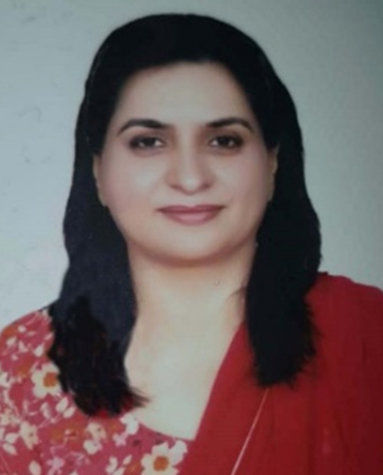 Ms. Sofia Noreen is an ambitious professional with over 28 years’ eventful career studded with brilliance predominantly in the area of research, program/ project designing and execution, monitoring, international development, and liaison & coordination. Her areas of focus include Gender and Women Empowerment, Climate Change/ Food Security within rural communities, and Governance issues both at policy and implementation levels.
Ms. Sofia Noreen is an ambitious professional with over 28 years’ eventful career studded with brilliance predominantly in the area of research, program/ project designing and execution, monitoring, international development, and liaison & coordination. Her areas of focus include Gender and Women Empowerment, Climate Change/ Food Security within rural communities, and Governance issues both at policy and implementation levels.
She is a dependable professional with a comprehensive understanding of Pakistani politics, the parliamentary setup, and electoral reform agenda and familiar with election management systems both for general and local bodies elections.
Ms. Sofia has delivered multi-day training programs on train-the-trainer, team building, and other related topics. She is an articulate communicator who is highly well versed in Log Frame Analysis, Risk Analysis, and management for Result Based Management, budgeting, staff recruitment, capacity development, NGO management, stakeholder engagement, evaluation of program and projects, report writing, and manuals. Throughout her career, she has been committed to following the principles set forth with the UDHR, ICCPR, CEDAW, and other international conventions and standards.
Scholarship Details: Special Scholarships are available for those organization that send two or more females to attend the training.
Additional Details: The final deadline for applications is August 5th, 2021. Please be assured that incomplete applications will not be entertained.





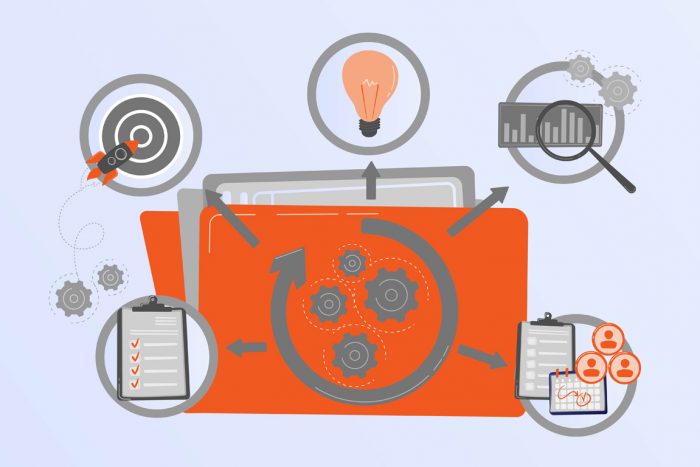
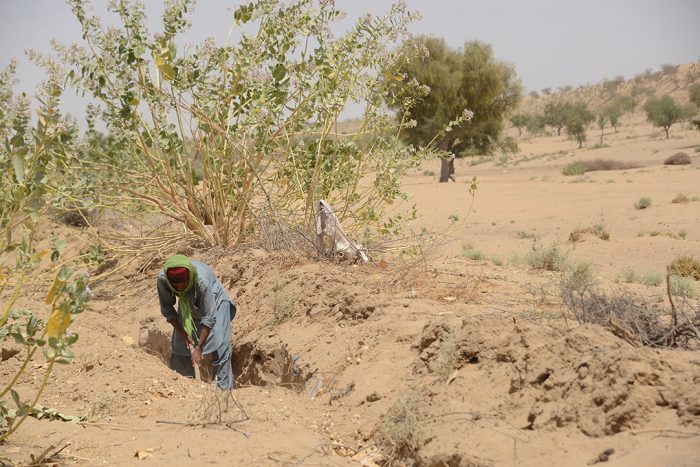
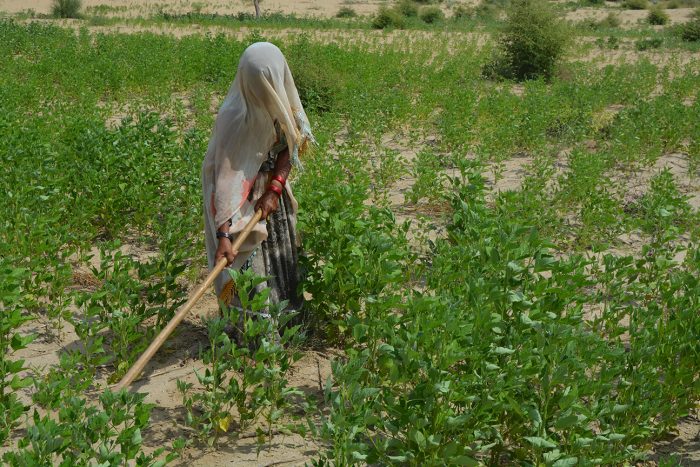
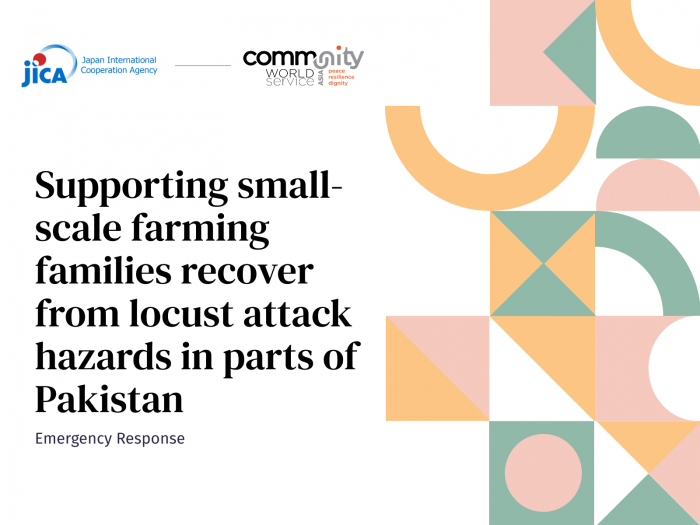
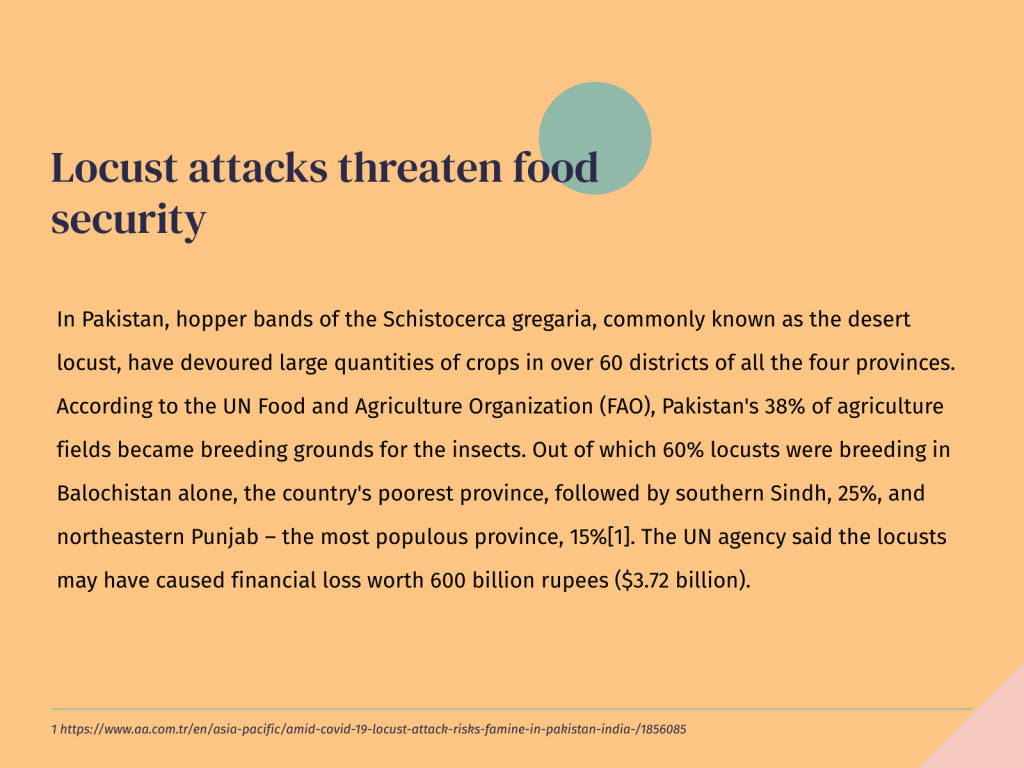
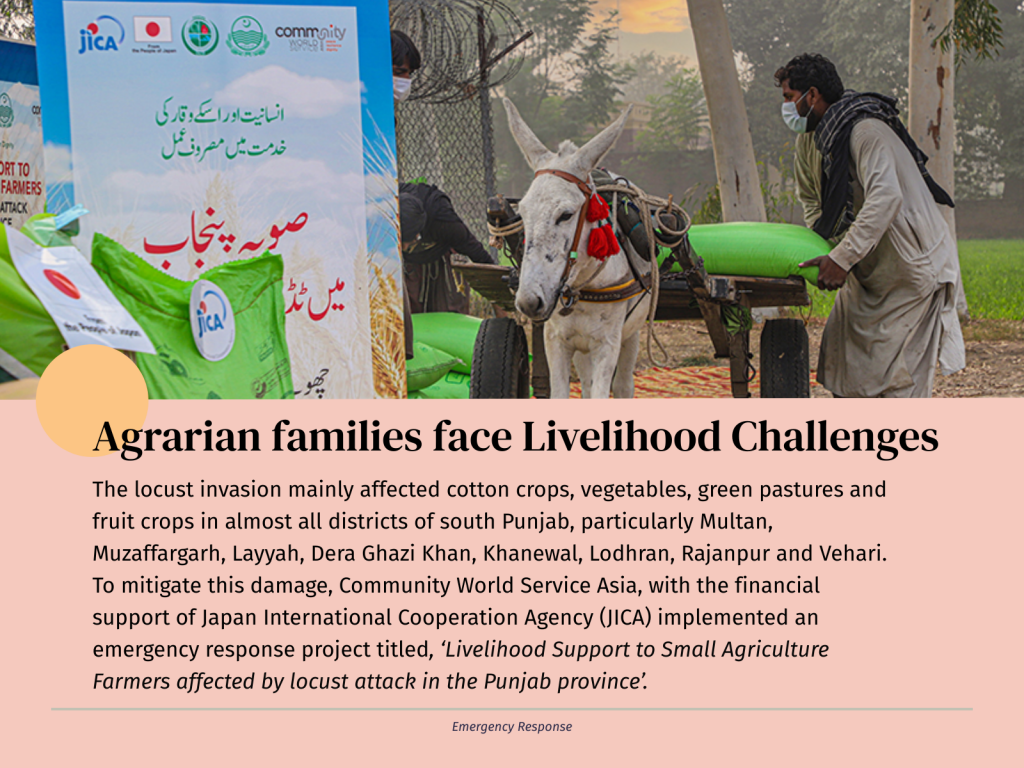
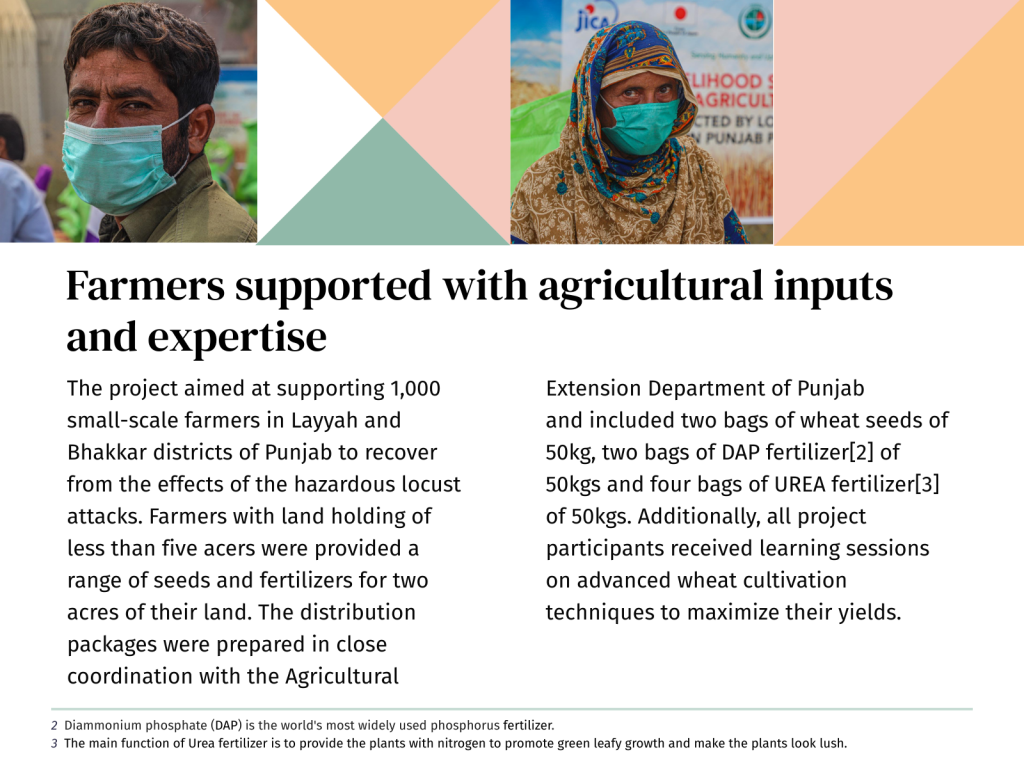
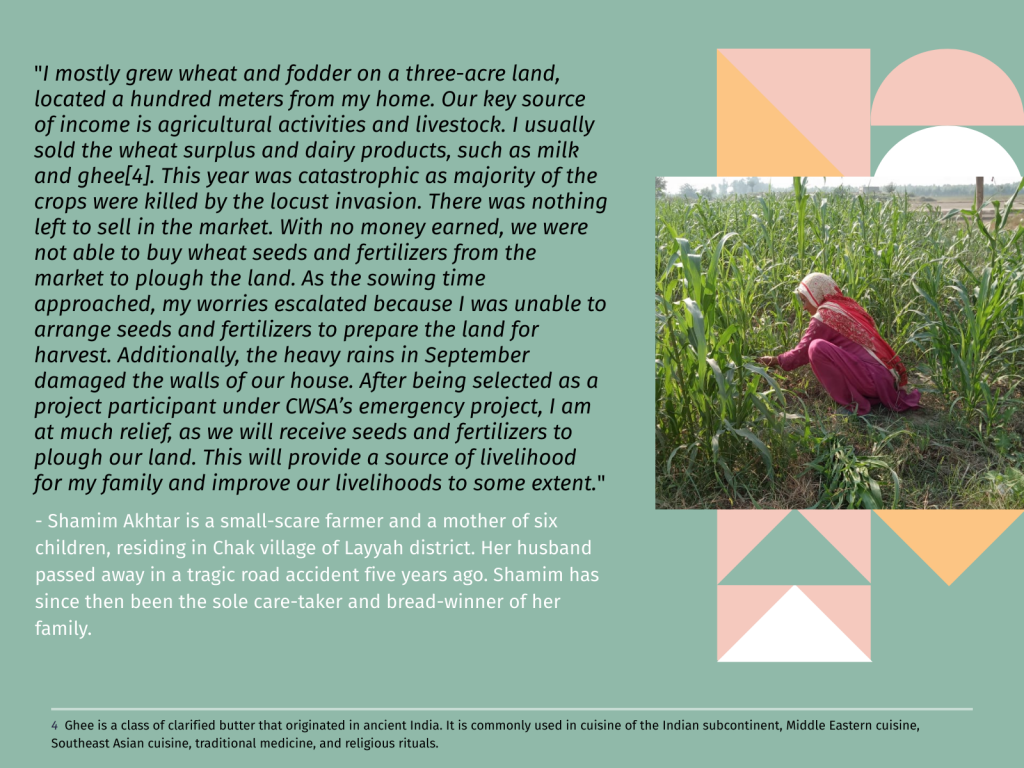
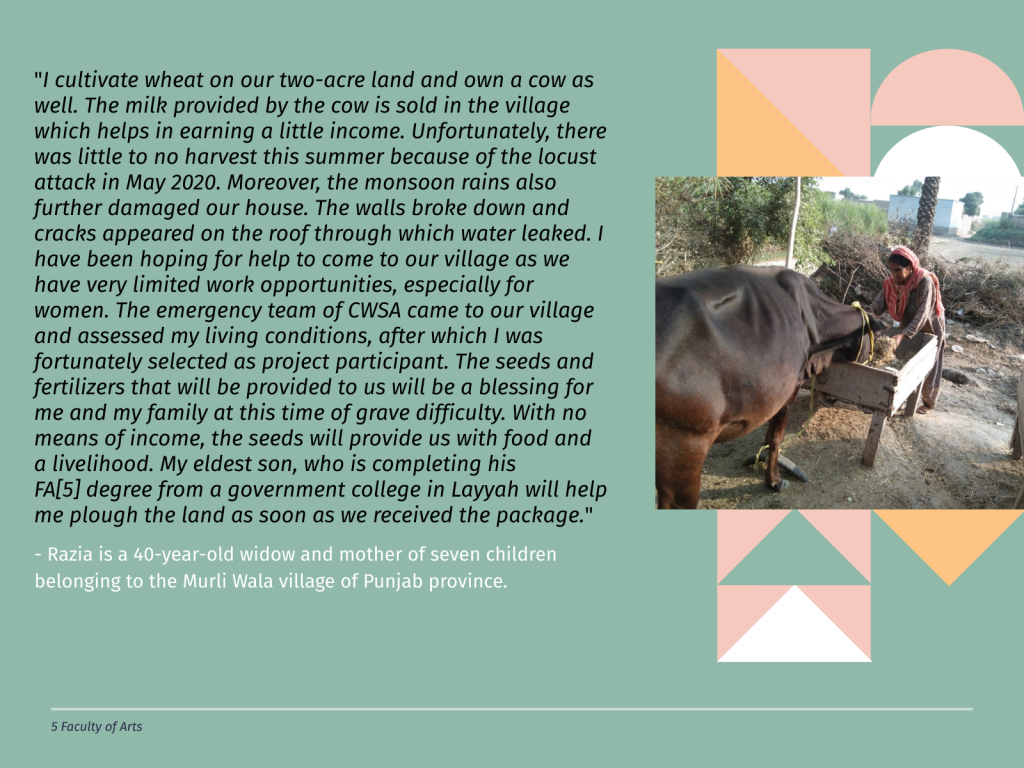
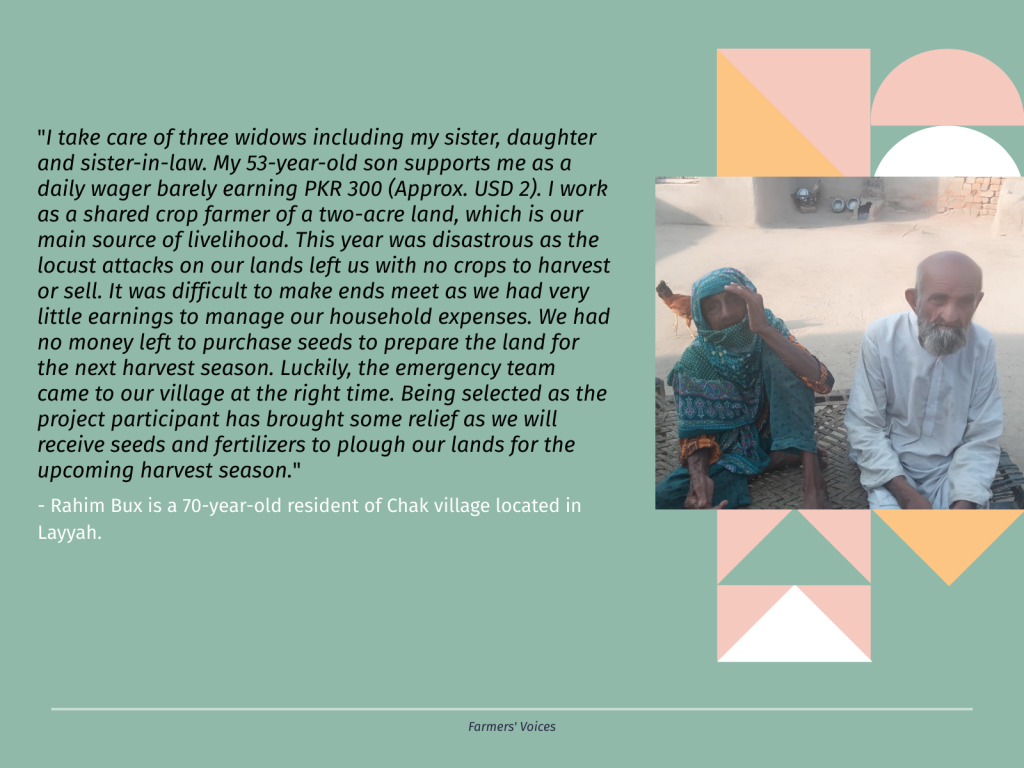
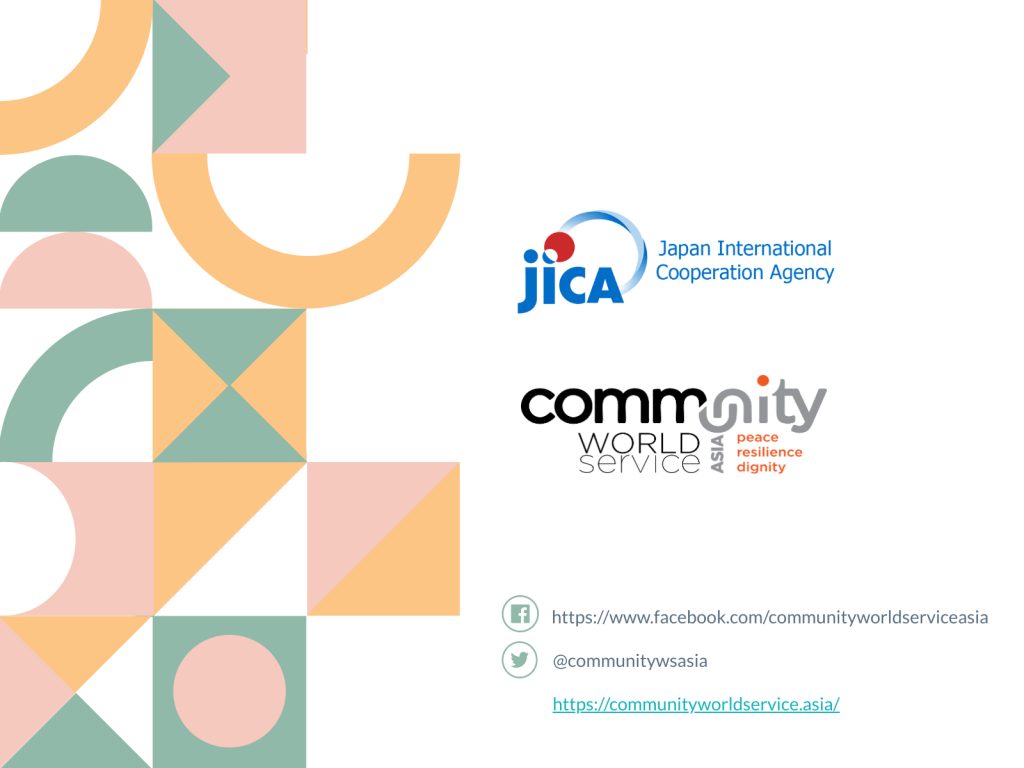
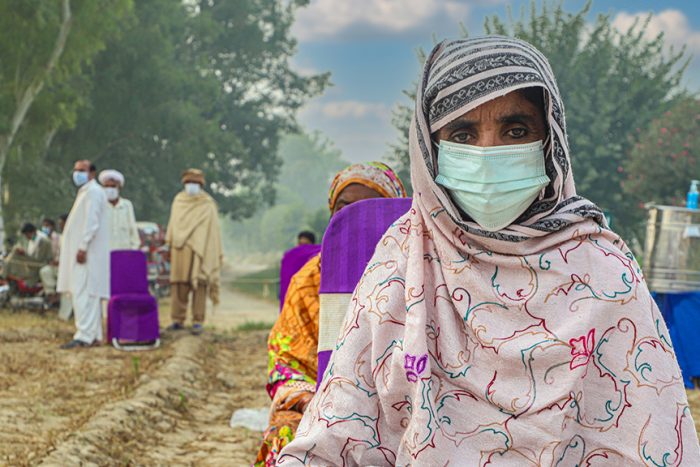
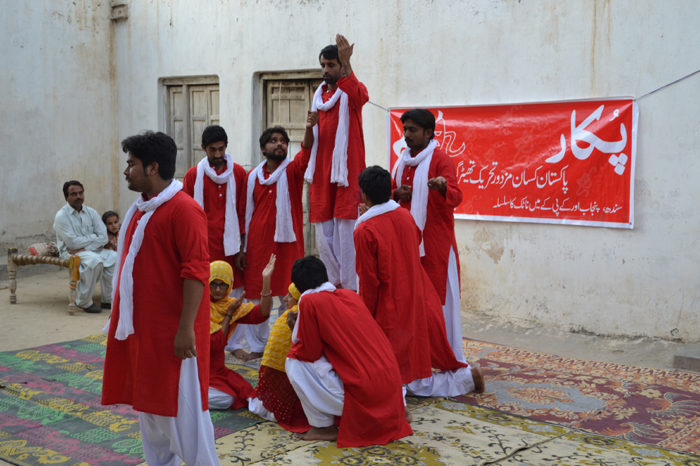
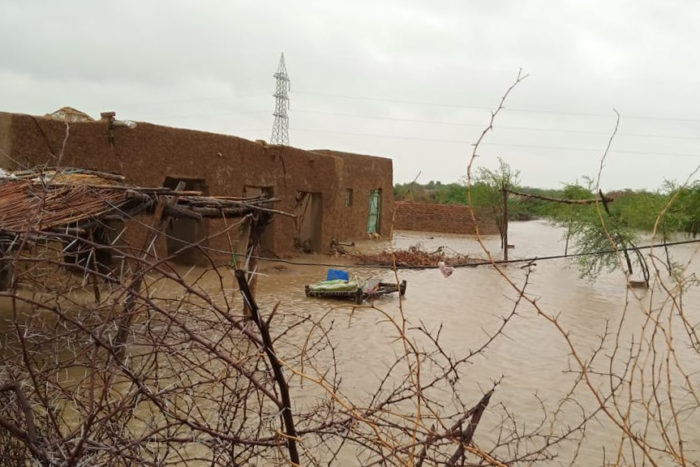
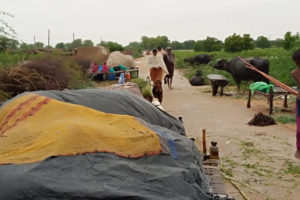
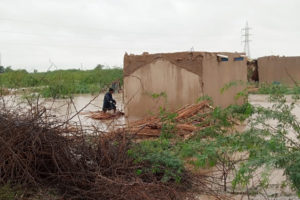
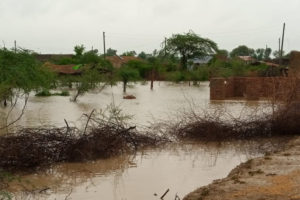
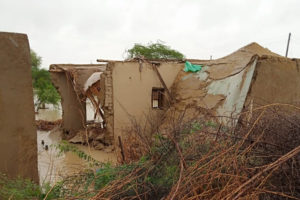
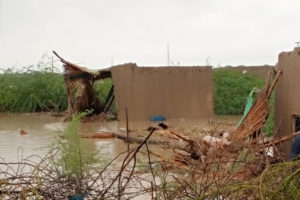
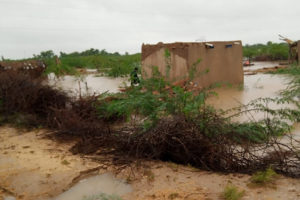
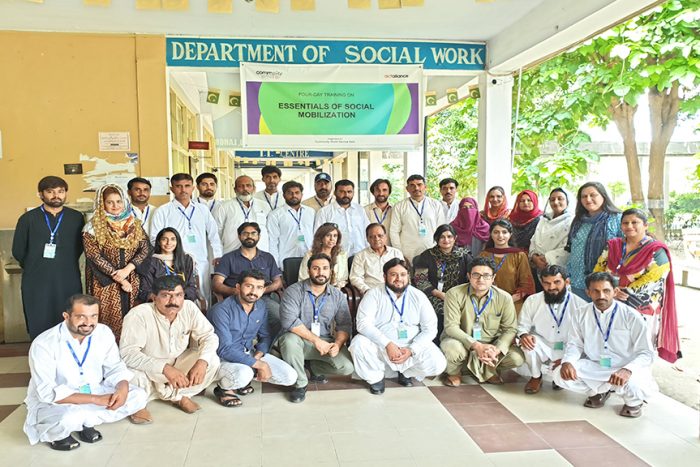
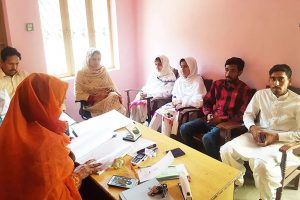
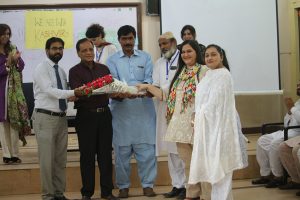
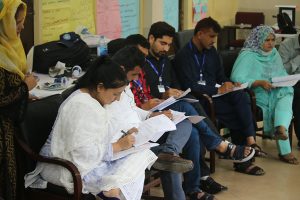
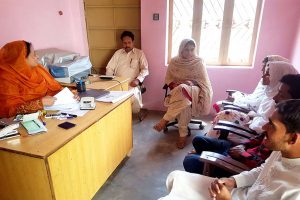
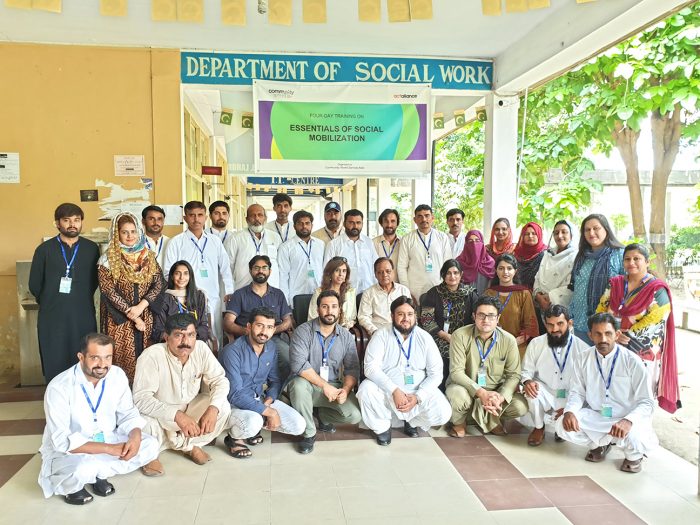
 “The training techniques were interesting and engaging. The trainers, Moazzam Ali and Nergis Khan, not only held theoretical session, they also engaged participants in practical learning exercises such as role plays and group activities. We can replicate these activities in the target communities to build capacities of community members.” Mahmood Ahmad Medecins du Monde
“The training techniques were interesting and engaging. The trainers, Moazzam Ali and Nergis Khan, not only held theoretical session, they also engaged participants in practical learning exercises such as role plays and group activities. We can replicate these activities in the target communities to build capacities of community members.” Mahmood Ahmad Medecins du Monde “The activities conducted in the training workshop were interactive and provided long-term learning. The session on Policy of Social Mobilization made me realize the importance of having such a policy on an organizational level. These policies can be designed in accordance with the culture and context of the organization, which will boost the efficacy of the project activities for the welfare of communities.”
“The activities conducted in the training workshop were interactive and provided long-term learning. The session on Policy of Social Mobilization made me realize the importance of having such a policy on an organizational level. These policies can be designed in accordance with the culture and context of the organization, which will boost the efficacy of the project activities for the welfare of communities.”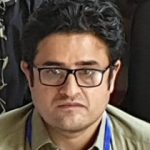 “The training content helped me in overcoming the communication and mobilization gaps which exist in my field work. Moreover, the training environment was very welcoming, and it allowed me to share experiences openly and learn from others’ as well.”
“The training content helped me in overcoming the communication and mobilization gaps which exist in my field work. Moreover, the training environment was very welcoming, and it allowed me to share experiences openly and learn from others’ as well.”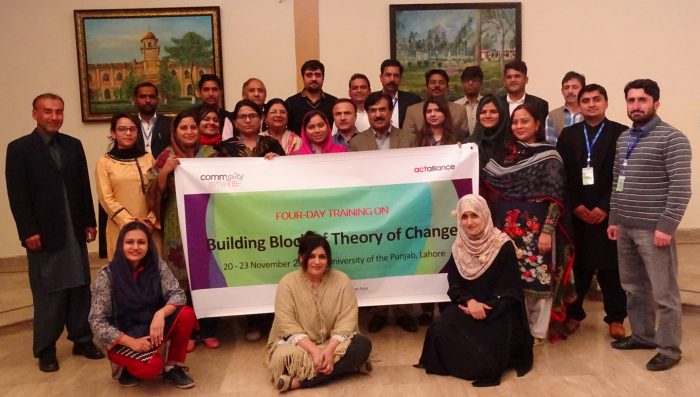
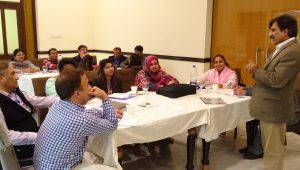
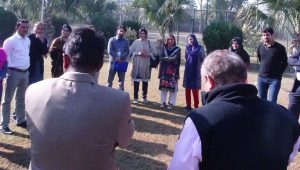
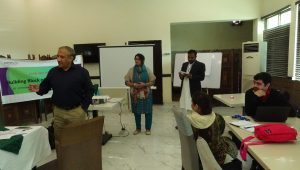
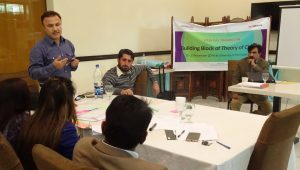
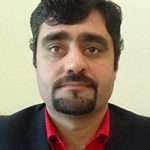 “Being a technical training, Zaigham made this training very rewarding and enjoyable. I learned a lot from this training and will try my best to improve further and train other staff in my organization on this. I want to express my gratitude for our facilitator for his outstanding way of articulation, knowledge and providing such a friendly learning environment.”
“Being a technical training, Zaigham made this training very rewarding and enjoyable. I learned a lot from this training and will try my best to improve further and train other staff in my organization on this. I want to express my gratitude for our facilitator for his outstanding way of articulation, knowledge and providing such a friendly learning environment.” “We acquired the skills of integrating ToC into our organization’s planning, monitoring and evaluation processes. Zaigham has been an outstanding resource person throughout the workshop and will prove to be more useful in future because of his availability and willingness to provide technical assistance after the workshop.”
“We acquired the skills of integrating ToC into our organization’s planning, monitoring and evaluation processes. Zaigham has been an outstanding resource person throughout the workshop and will prove to be more useful in future because of his availability and willingness to provide technical assistance after the workshop.” “Interactive discussion and practical group activities made learning more interesting and productive. The difference between the ToC and Log Frame was made clear in this training. I am grateful to Community World Service Asia to provide such an opportunity which will be beneficial for our organization in the long-run.”
“Interactive discussion and practical group activities made learning more interesting and productive. The difference between the ToC and Log Frame was made clear in this training. I am grateful to Community World Service Asia to provide such an opportunity which will be beneficial for our organization in the long-run.”  “I am grateful to be given this opportunity to learn Theory of Change. I learned the current practices of ToC and how to design community development projects. I am now able to connect ToC to the log frame for Monitoring & Evaluation. This training has enabled me to see the project activities from a different and broader level.”
“I am grateful to be given this opportunity to learn Theory of Change. I learned the current practices of ToC and how to design community development projects. I am now able to connect ToC to the log frame for Monitoring & Evaluation. This training has enabled me to see the project activities from a different and broader level.”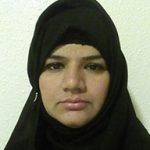 “This 4-day training was very interesting and beneficial for my organization as a whole. The training was conducted with a participatory approach including practice, sharing, discussions and group work. Our facilitator was well-versed and attended all our queries effectively. I hope to implement the learning in my work to bring positive results for community development.”
“This 4-day training was very interesting and beneficial for my organization as a whole. The training was conducted with a participatory approach including practice, sharing, discussions and group work. Our facilitator was well-versed and attended all our queries effectively. I hope to implement the learning in my work to bring positive results for community development.” “I am working in the NGO sector for the past twenty years. This workshop has proved to be very useful in my field of work. The knowledge of ToC tools has enabled me to develop effective projects. Zaigham Khan has been very patient and helpful throughout the training.”
“I am working in the NGO sector for the past twenty years. This workshop has proved to be very useful in my field of work. The knowledge of ToC tools has enabled me to develop effective projects. Zaigham Khan has been very patient and helpful throughout the training.”